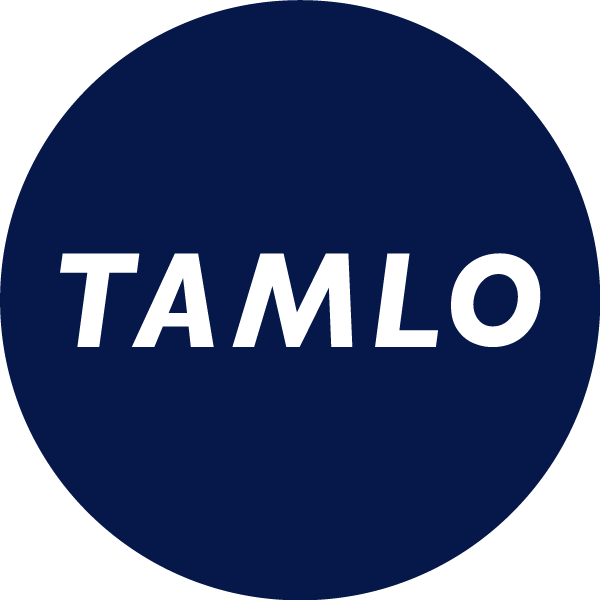How to facilitate a content marketing workshop

Facilitation is essential for a successful marketing workshop. This article explains the fundamentals of workshop facilitation.
What is workshop facilitation?
According to the Oxford dictionary, it is “the act of providing unobtrusive, objective guidance to a group in order to collaboratively progress towards a goal.” Facilitation does not mean taking charge and dictating the outcome. Instead, each participant should contribute, enabling a shared, collaborative approach that the group buys into. The role of the facilitator is to plan and lead activities, as well as to establish a creative space conducive to ideation. Objectivity is key and facilitators should be neutral and take a step back from contributing to ideas themselves.
In short, the job of facilitator is not to personally generate a creative idea, nor is it to make the correct decisions. It is to have the workshop participants create the best ideas they can and in turn make the best possible decisions.
The 4 facilitation goals
When we act as facilitators, our goals are to promote:
1. Full and equal participation. The facilitator's duty is to make sure that each participant feels comfortable contributing. This means creating opportunities and using platforms for contributors to generate their own ideas, speak up about their thoughts, and openly discuss their perspectives.
2. Mutual understanding. It is the facilitator’s job to make sure that everyone is on the same page. We most often achieve this goal by establishing a shared language among the group, supported through visual aids (e.g. sticky notes, diagrams, dot voting, etc.).
3. Inclusive and collaborative decision making. The output of a workshop, both tangible (to-do lists and action items) and intangible (shared language and ideas), is only useful if everyone buys into it. This buy-in and accountability comes from participatory decision making. These are outputs that everyone can get behind.
4. Shared responsibility. Facilitators help the workshop group identify who will be responsible for what upon leaving the workshop, in a way that is fair and actionable. The goal, through activities or conversation, is for each workshop participant to have a clear idea of the next steps. This collaborative ownership is a vital component of successful workshops and drives future work.
Workshop facilitation principles
Facilitation is an art, not a science. Depending on the goal of the workshop, the audience, and the dynamic, you will have to adjust your facilitation style. However, there are principles that always stand true:
Establish Clear Objectives: Before the workshop begins, clearly define the goals and objectives. Ensure that all participants understand what they aim to achieve by the end of the session. This clarity helps guide discussions and activities throughout the workshop.
Always listen: Aim to be constantly listening with an open, yet discerning mind, as participants share their ideas. Then, if needed, guide them towards a better expression that others in the workshop can understand and build on.
Create an inviting space: Use your role as facilitator to invite all participants to contribute.
Welcome improvisation: There is no “one size fits all” when it comes to workshops. You can (and should) plan ahead, but you always need to be ready to respond to what is happening in the moment.
Avoid giving advice: As a facilitator, your goal is to be as objective as possible.
Manage Time Effectively: Keep the workshop on schedule by managing time effectively. Set realistic timeframes for activities and discussions, and ensure that each agenda item receives the appropriate amount of time and attention.
Embrace constructive conflict: Conflict in the workplace is uncomfortable. While it may feel difficult, it is often necessary in order to establish transparency, trust, and ultimately buy-in. If conflict arises in a workshop, embrace it! Friction of any kind is simply a result of diverse personalities and opinions. A workshop is the ideal place to move through conflict, because here you have tools that can productively break down disagreement. As a facilitator, it is better to work through conflict rather than avoid it. Constructive conflict resolution can be synergistic and lead to major breakthroughs, team trust, and positive forward movement.
Workshop Materials: These are the tangible materials you use throughout a workshop. Materials help create artefacts and capture group memory, which is vital in order to achieve our facilitation goals of equal participation and mutual understanding.
Activities: Thousands of workshop exercises exist. A quick search online will yield many. There are also many platforms out there that can assist with these activities (we use Miro at TAMLO).
Techniques: These are the various (mostly verbal) tactics you can use to encourage, intervene, or manoeuvre conversations with or between participants. They include the intentional silence (to allow others to speak or to dwell on an idea), the balancing of ideas from different attendees, the linking of their comments and many more.
Evaluate and Iterate: Gather feedback from participants at the end of the workshop to evaluate its effectiveness and identify areas for improvement. Use this feedback to inform future workshops and refine your facilitation approach.
Why workshop facilitation is important to TAMLO
Workshop facilitation is paramount at TAMLO, as emphasized by Nanako, the company's Chief Localisation Officer. These sessions serve as crucial tools, aligning all stakeholders, deepening understanding of clients' needs, and enhancing client self-awareness. Effective facilitation ensures synchronization between TAMLO's team and the client, establishing a robust foundation for collaborative success.
Through workshops, TAMLO conducts thorough analyses of existing strategies, enabling the development of bespoke digital approaches tailored to Japan's unique market landscape. Nanako highlights a recent workshop involving a European truck manufacturer, where TAMLO's guidance drove significant transformations in the brand's digital marketing strategy. This process not only overcomes initial hurdles but also fosters collective understanding and appreciation within the team, leading to profound realizations and a more cohesive approach to tackling challenges.
In summary, effective workshop facilitation requires navigating through various factors, and honing your skills and confidence is best achieved through observation and practice. Take the opportunity to observe other facilitators or offer to assist as a co-facilitator. Pay close attention to successful tactics that you can integrate into your own practice. The more you engage in facilitating workshops, the more your abilities will improve. If you're eager to explore further or inquire about the workshops TAMLO offers, don't hesitate to reach out. We would be happy to assist.





